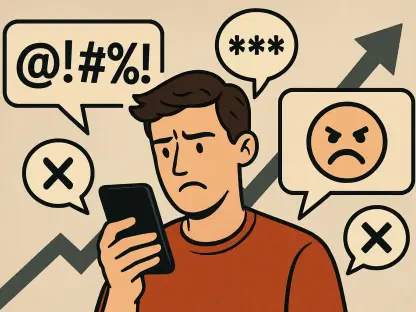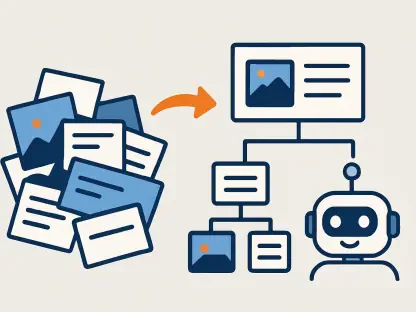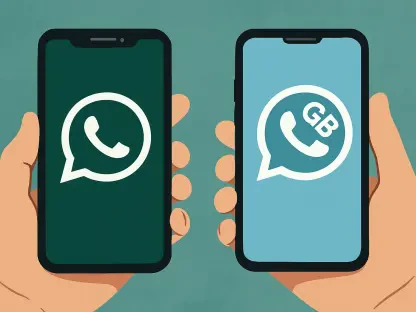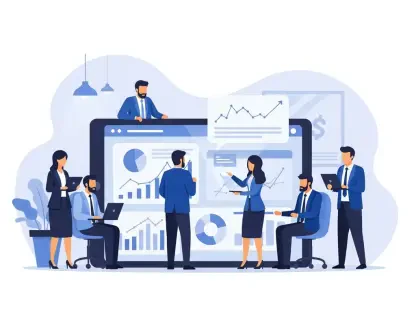When it comes to legal battles and technological developments in mobile gaming, Nia Christair has a wealth of knowledge to share. With extensive experience in mobile gaming and app development, device and hardware design, and enterprise mobile solutions, she provides a unique perspective on the ongoing court case between Apple and Epic Games. This case, centered around App Store policies and antitrust concerns, reflects broader issues in the tech industry. Our interview explores the details and implications of this legal dispute.
Can you explain the background of the court case between Apple and Epic Games?
The conflict between Apple and Epic Games began when Epic challenged Apple’s App Store policies, especially regarding restrictions and commissions on in-app purchases. Epic accused Apple of monopolistic practices, claiming these policies were anti-competitive and limited developers’ abilities to offer better payment options for users.
What was the initial ruling by U.S. District Judge Yvonne Gonzalez Rogers in this case?
Judge Gonzalez Rogers ruled that while Apple wasn’t a monopoly, its policies were indeed anti-competitive. She ordered Apple to allow developers to include links to external payment options, marking a significant shift. Although Apple had to change its practices, it could still charge commissions, albeit lower than before.
How did Apple respond to the court’s order regarding the App Store policies?
Apple initially complied by revising its App Store policies, partially decreasing its commission rates from 30% to 27% for purchases made outside its App Store. It also required developers to use scare screens when directing users to external payment sites, a move that tempered the change slightly.
What is the current issue with Fortnite’s submission to the U.S. App Store?
Despite winning the right to link to external payment mechanisms, Epic’s Fortnite submission has been stuck in limbo. Although the court’s decision seemed to clear its path back to the App Store, Apple has delayed its approval, stating it’s waiting for a decision on its appeal against the injunction.
Why is the judge pressuring Apple to approve Fortnite’s submission?
The judge, clearly frustrated with Apple’s inaction, insists on compliance with her ruling. She demands Apple either approve Fortnite or present legal grounds for its continued delay, hinting at potential contempt charges if Apple fails to act or provide justification.
What legal reasons is Apple giving for not approving Fortnite on the App Store yet?
Apple claims it’s waiting for the Ninth Circuit Court’s decision on its request for a partial stay on the injunction. This legal maneuver seems to be a way to buy time and delay the changes mandated by the initial ruling as they navigate their appeal.
What are contempt charges, and why might the judge consider them against Apple?
Contempt charges are penalties for disobeying court orders. The judge has hinted that Apple’s failure to act could lead to such charges, emphasizing the seriousness of adhering to legal rulings and maintaining judicial authority.
How did Apple’s App Store policies change after Gonzalez Rogers’ decision?
Apple’s policies changed by allowing developers to apply for exceptions and enabling links to external payment sites in their apps. This decision enabled better competition, although Apple still collects commissions, which many argue doesn’t effectively address the competitive concerns.
Can you elaborate on how these changes impact developers?
These changes represent a partial victory, allowing developers more freedom in choosing how they direct users to payment options. However, the ongoing commissions and scare screens continue to pose challenges, requiring developers to navigate consumer trust and payment processing differently.
Were any specific companies quick to take advantage of the new policies?
Indeed, companies like Spotify, Amazon Kindle, and Patreon rapidly adapted their apps to incorporate external payment links, seeking to leverage the newfound flexibility in collecting payments away from Apple’s influence.
What significance does the legal battle between Apple and Epic Games have for the broader tech industry?
The case highlights the tension between platform owners and app developers surrounding app distribution and monetization policies. It sets a precedent that could influence future regulations and inspire similar legal challenges worldwide, particularly in maintaining competitive digital marketplaces.
How did the original antitrust lawsuit, filed by Epic Games, resolve, and what were its key outcomes?
The lawsuit resulted in Apple being criticized but not labeled a monopolist. Epic won the argument that developers should have access to alternative payment methods, leading to significant policy revisions by Apple. Nonetheless, the complexities around commission rates and app functionality remain contentious issues.
What role do external payment options play in this legal dispute?
External payment options are central to Epic’s case, as they allow developers to bypass Apple’s commission-heavy structure. This capability is essential for fostering competition, giving developers room to offer better deals to consumers willing to purchase directly via their websites.
How might the outcome of this case influence other global markets or legal systems?
A definitive resolution here could set a global standard for app market practices, potentially influencing how antitrust laws are applied to digital marketplaces internationally. It could drive broader discussions about fair practices and device manufacturer regulations.
Why might Apple be concerned about the ongoing commitments or changes resulting from this case?
Apple might fear losing control over its profitable App Store ecosystem, worrying about reduced commission revenue and the opening of its tightly controlled marketplace to stronger competition, which could diminish its market dominance and profitability.
What are Epic Games’ arguments for why Fortnite should be approved promptly?
Epic argues that the court’s ruling is clear in allowing external links for payments, presenting a legal obligation for Apple to process the approval of Fortnite. Epic emphasizes that Apple’s delay undermines competitive fairness and frustrates compliance with the court’s orders.
How could Apple’s pending request for a partial stay affect further legal proceedings?
If granted, the partial stay could temporarily halt the enforced changes, prolonging the legal battle and keeping developers from accessing new payment freedoms. It might also extend the litigation period, delaying any broader regulatory impacts on the industry.
Do you have any advice for our readers?
Stay informed about the evolving technology and legal landscapes. Understanding these complex dynamics can help in anticipating changes that may affect app development and distribution strategies, especially in navigating regulations and optimizing monetization strategies.









